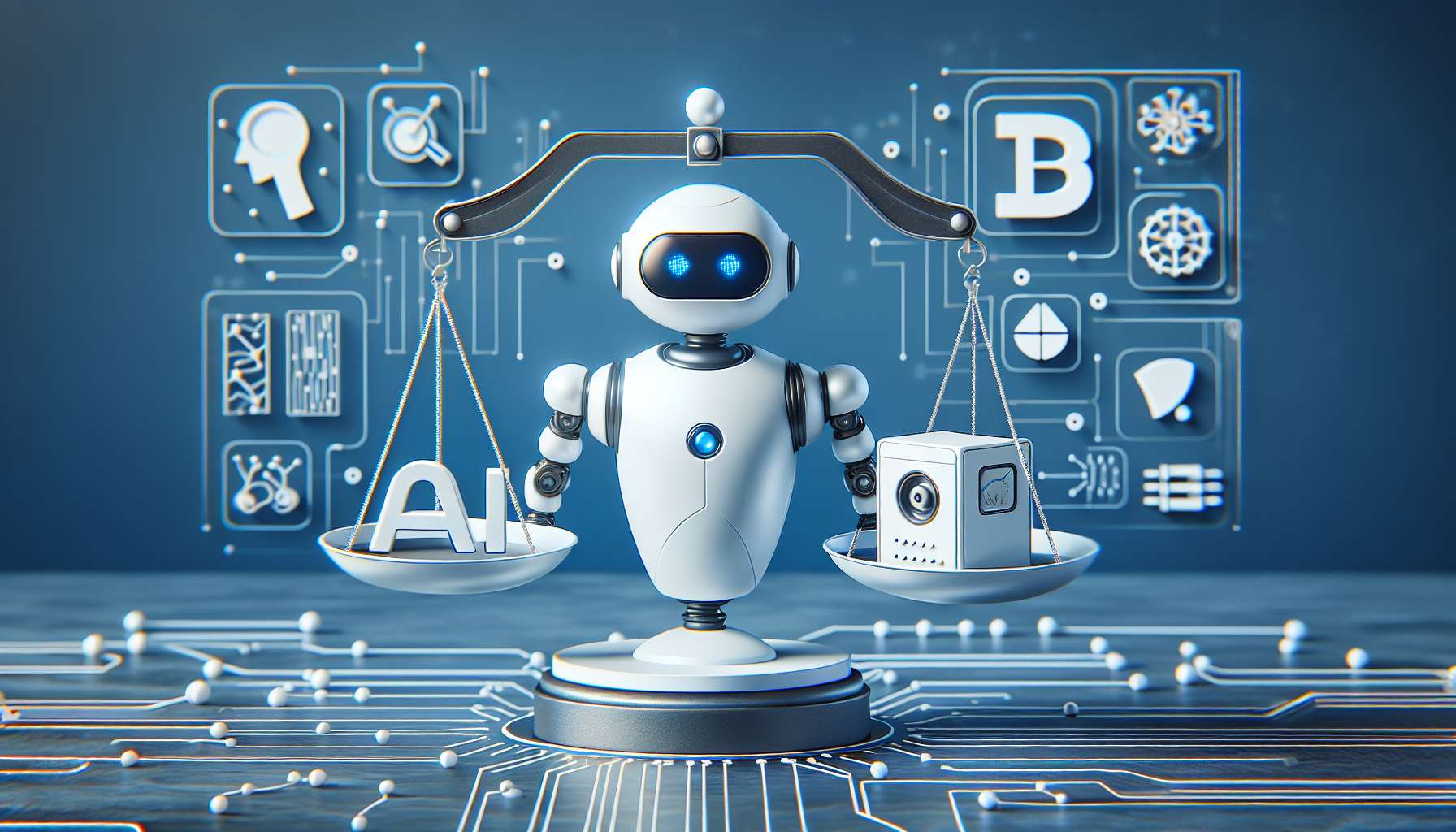Introduction
Artificial Intelligence (AI) has become an integral part of our lives, from voice assistants like Siri and Alexa to recommendation systems on e-commerce platforms. However, as AI systems become more sophisticated, concerns about bias and fairness in machine learning algorithms have emerged. In this article, we will explore the concept of AI bias, its implications, and the importance of fairness in machine learning.
Understanding AI Bias
AI bias refers to the systematic and unfair favoritism or discrimination that can occur in machine learning algorithms. These biases can arise from various sources, including biased training data, biased algorithms, or biased human decisions during the development process.
One of the main reasons for AI bias is biased training data. Machine learning algorithms learn from historical data, and if the data used for training is biased, the algorithm will reflect those biases in its predictions or decisions. For example, if a facial recognition system is trained on a dataset that predominantly consists of lighter-skinned individuals, it may struggle to accurately recognize faces of people with darker skin tones.
Another source of AI bias is biased algorithms. Sometimes, the algorithms themselves are designed in a way that unintentionally perpetuates biases. This can happen if the algorithm is trained on data that reflects societal biases or if the algorithm is not properly evaluated for fairness during its development.
The Implications of AI Bias
AI bias can have significant implications in various domains, including employment, criminal justice, and healthcare. For instance, biased hiring algorithms can perpetuate gender or racial biases, leading to unfair employment practices. Biased predictive policing algorithms can disproportionately target certain communities, leading to unjust arrests or surveillance. Biased healthcare algorithms can result in unequal access to medical treatments or misdiagnoses for certain groups of people.
Moreover, AI bias can reinforce existing societal inequalities and discrimination. If biased algorithms are deployed without proper scrutiny, they can perpetuate and amplify biases present in the data, leading to a feedback loop of discrimination.
The Importance of Fairness in Machine Learning
Fairness in machine learning is crucial to ensure that AI systems do not discriminate against individuals or groups based on protected attributes such as race, gender, or religion. Fairness can be achieved by designing algorithms that are sensitive to these attributes and by evaluating the impact of the algorithms on different groups.
There are various fairness metrics and techniques that can be employed to mitigate AI bias. For example, one approach is to ensure that the training data is diverse and representative of the population. Additionally, algorithms can be modified to explicitly account for fairness by adjusting the decision boundaries or incorporating fairness constraints.
Conclusion
As AI becomes more prevalent in our society, it is crucial to address the issue of bias and fairness in machine learning. AI bias can have far-reaching consequences and perpetuate discrimination if left unchecked. By understanding the sources of bias, evaluating algorithms for fairness, and implementing appropriate mitigation techniques, we can strive towards developing AI systems that are fair, unbiased, and beneficial for all.








